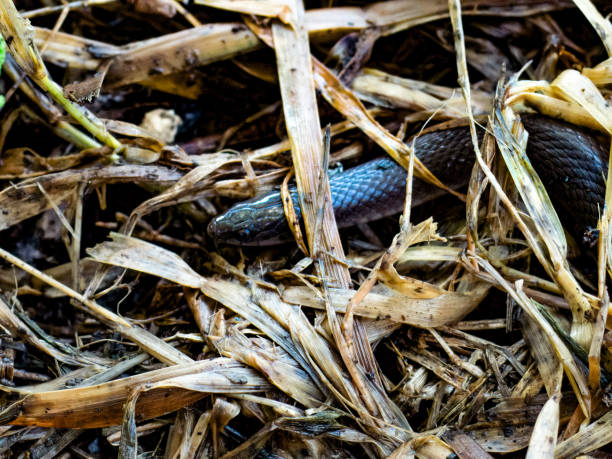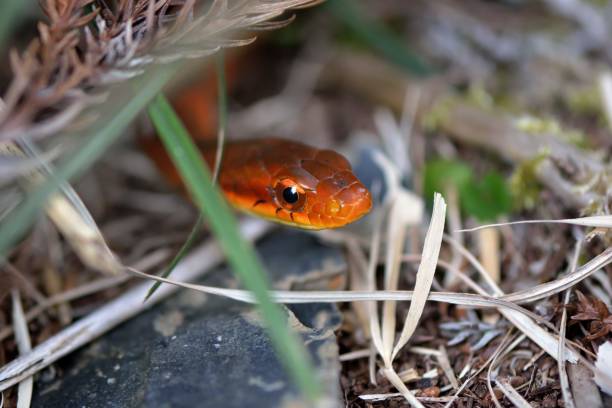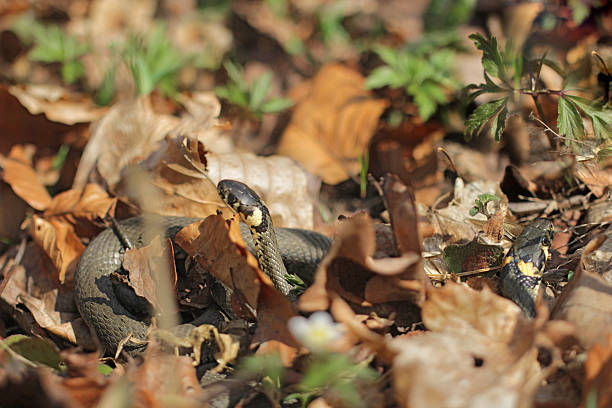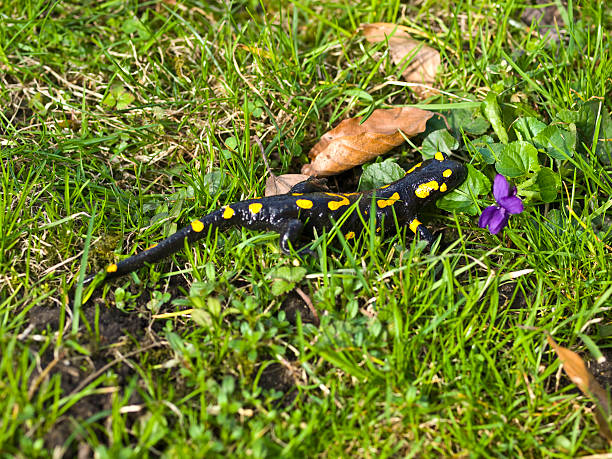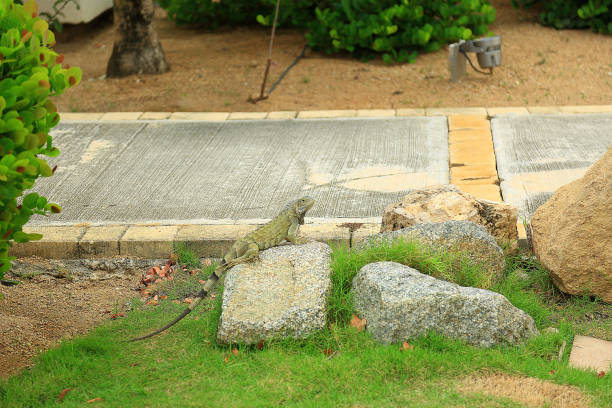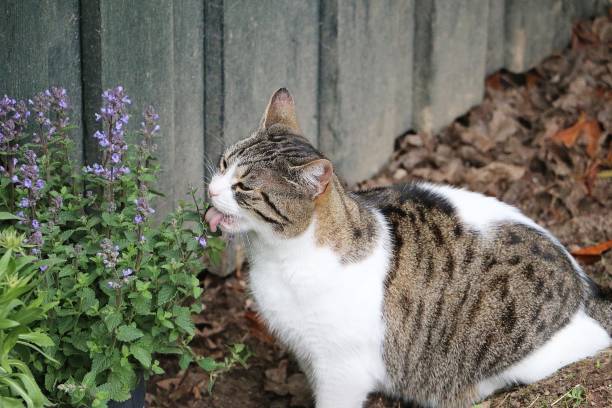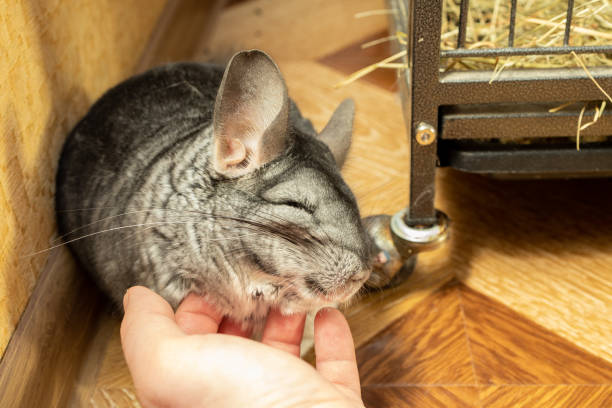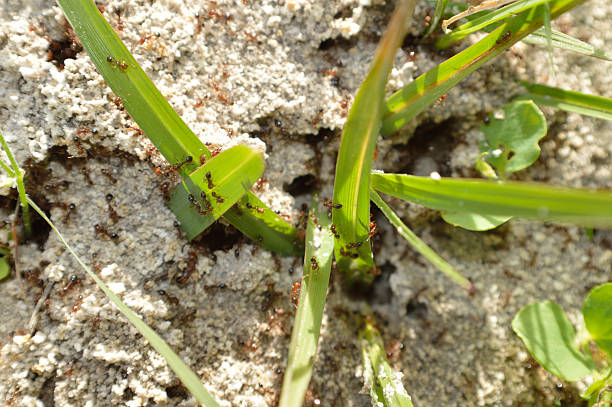How to Keep Snakes Out of Your Yard in Texas
This post contains affiliate links. This means I will make a commission at no extra cost to you should you click through and make a purchase. Read the full disclosure here.
Snakes are fascinating creatures, but encountering them in your yard can be an unsettling experience, especially if you live in Texas where a variety of snake species thrive. Understanding how to keep snakes out of your yard is crucial for your safety and peace of mind. In this article, we’ll explore effective methods to snake-proof your yard and provide tips on handling snake encounters. Let’s dive in and learn how to create a snake-free environment while coexisting with nature.
Introduction
Living in Texas means sharing the landscape with a diverse range of snakes. While most snakes are harmless and play an essential role in maintaining the ecosystem, there are venomous species that require caution. Whether you have a fear of snakes or simply want to ensure a safe outdoor space for your family, taking proactive measures to keep snakes out of your yard is essential.
Understanding Common Snakes in Texas
Before we delve into snake-proofing techniques, it’s important to familiarize ourselves with the common snakes found in Texas. By understanding the types of snakes you might encounter, you can better tailor your snake-prevention strategies.
Venomous Snakes in Texas
Texas is home to several venomous snakes, including the Western Diamondback Rattlesnake, Copperhead, Cottonmouth (Water Moccasin), and Coral Snake. It’s crucial to exercise caution and avoid direct contact with these snakes, as their bites can be dangerous and potentially life-threatening.
Non-venomous Snakes in Texas
While there are venomous snakes to be wary of, the majority of snakes in Texas are non-venomous and pose little threat to humans. Common non-venomous snakes in Texas include the Rat Snake, Garter Snake, and Coachwhip Snake. These snakes are generally harmless and play a crucial role in controlling rodent populations.
Why It’s Important to Keep Snakes out of Your Yard
While non-venomous snakes are beneficial to the environment, having snakes frequent your yard can still be unsettling for many homeowners. Additionally, venomous snakes pose a real danger to you, your family, and your pets. By keeping snakes out of your yard, you create a safer environment and reduce the likelihood of encounters or snake bites.
Snake-Proofing Your Yard
Snake-proofing your yard involves implementing strategies that make your property less attractive to snakes and create barriers to prevent their entry. Let’s explore some effective methods to keep snakes away from your yard:
1. Remove Attractive Features for Snakes
Snakes are attracted to areas that provide ample hiding spots, food sources, and water. By removing these attractive features, you make your yard less appealing to snakes. Consider the following actions:
- Remove piles of debris, such as wood or rocks, that can serve as snake shelters.
- Keep the grass and vegetation trimmed short to eliminate hiding places.
- Store firewood away from the house and elevated from the ground.
2. Seal Entry Points
Snakes can enter your yard through small openings, so it’s essential to seal any potential entry points. Focus on:
- Inspecting the foundation of your house and sealing any cracks or gaps.
- Repairing damaged screens and ensuring doors and windows fit tightly.
- Checking for gaps beneath doors and using door sweeps to close them off.
3. Maintain a Tidy Yard
Keeping a tidy yard not only enhances its appearance but also deters snakes. Here’s how you can maintain a snake-unfriendly environment:
- Regularly mow the lawn and remove any fallen leaves or branches.
- Clean up after outdoor activities and ensure there are no food or water sources left outside.
- Trim tree branches that overhang near your house, as snakes can use them as access points.
4. Install Snake-Repellent Plants
Certain plants are known to repel snakes due to their strong odors or prickly textures. Consider planting these snake-repellent species around your yard:
- Marigolds
- Garlic
- Onions
- Wormwood
- Rosemary
- Lemongrass
Tips for Snake Encounters
Even with preventative measures in place, there’s still a chance you might come across a snake in your yard. Here are some essential tips for handling snake encounters:
1. Stay Calm and Keep Your Distance
If you encounter a snake, it’s crucial to remain calm and maintain a safe distance. Most snake bites occur when people try to handle or provoke the snake. Remember, snakes generally want to avoid human contact and will only bite if they feel threatened.
2. Don’t Attempt to Handle Snakes
No matter how harmless a snake may appear, it’s never advisable to handle it without proper training and equipment. Even non-venomous snakes can bite if they feel threatened or cornered. Instead, contact professionals trained in snake removal to handle the situation safely.
3. Contact Professionals for Removal
If you have a snake in your yard that you want to remove, it’s best to seek professional assistance. Local animal control or wildlife removal services have the necessary knowledge and tools to safely relocate the snake while minimizing harm to both you and the snake.
Final Thoughts
Living in Texas means sharing the environment with a variety of snake species, some of which can be venomous. By taking proactive measures to snake-proof your yard and understanding how to handle snake encounters, you can create a safer outdoor space for you and your family. Remember to stay informed, implement preventative strategies, and seek professional help when needed.
FAQs
What are some signs that snakes are present in my yard?
Common signs of snake presence in your yard include shed snake skins, snake tracks, holes in the ground, and sightings of snakes themselves.
Are all snakes in Texas dangerous?
No, not all snakes in Texas are dangerous. While Texas is home to venomous snakes, the majority of snake species found in the state are non-venomous and pose little threat to humans.
Can I use mothballs to repel snakes?
Using mothballs to repel snakes is not recommended. Mothballs contain toxic chemicals that can harm the environment, pets, and children. It’s best to rely on more eco-friendly snake-repellent methods.
How do I identify venomous snakes in Texas?
Identifying venomous snakes in Texas can be challenging for the average person. It’s best to consult field guides, online resources, or seek guidance from local wildlife authorities for accurate identification.
What should I do if I get bitten by a snake in my yard?
If you get bitten by a snake, it’s crucial to seek immediate medical attention. Keep calm, immobilize the bitten limb, and contact emergency services or go to the nearest hospital as soon as possible.

